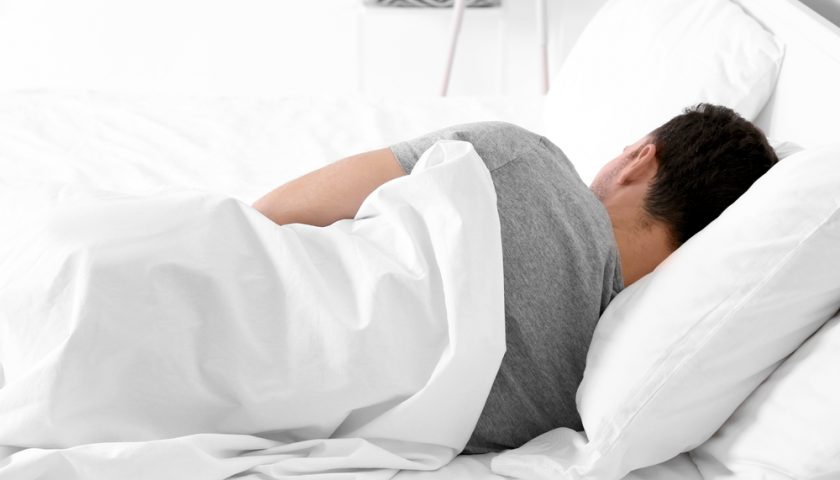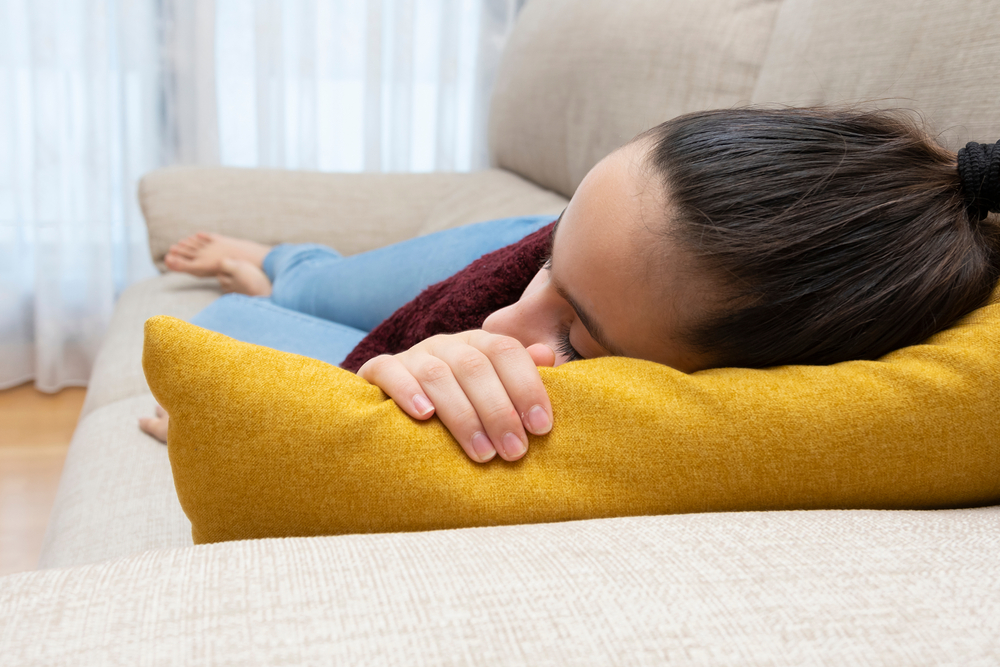Do you like to sleep on your back, side, or stomach? You may have a favourite sleeping position or switch it up from time to time.
Getting your sleeping posture perfect can make a major difference in how you feel when you wake up in the morning.
Are you finding the perfect sleeping position according to your health condition? You’ve come to the right place.
Here, I am going to describe different sleep positions and how they have an impact on your health.
Let’s start.
Table of Contents
How Sleep Positions Affect Your Health?
Sleeping incorrectly can affect your health greatly. It may:
- aggravate your neck and back pain
- clog your lungs’ airways, causing issues like obstructive sleep apnea
- may cause poisons to filter out of your brain more slowly
Continue reading to learn how your sleeping habits may be affecting your health in a variety of ways. Also, how different sleeping positions offer distinct benefits for health concerns such as pregnancy, acid reflux, back pain, or allergies.
From Worst to Healthy Sleep Positions
The best and healthy sleep positions are the ones that encourage proper spinal alignment from the hips to the head. What it entails for you is determined by your unique health state and what makes you feel at ease.
Let’s see some healthy sleep positions, how they benefit you, what are their disadvantages, and how you can improve them.

Sleeping On Your Stomach
Approximately 7% of the population sleeps on their stomach. This is also known as the prone position.
How does sleeping on the stomach benefit?
It removes fleshy impediments from your airways thereby helping you stop snoring. So it’s a beneficial position for people with sleep apnea.
However, the advantages don’t go any further. Lying on your stomach might be near the bottom of the list if we had to rank sleeping positions.
What’s wrong with stomach sleeping?
The stomach sleeping position has a number of disadvantages and is not advised for the majority of people.
The following people should avoid sleeping on their stomachs in particular:
- Women who are pregnant
- People who suffer from neck or back pain
The stomach position offers the least back support of all sleeping positions and puts more pressure on the spine, which can result in pain when you wake up.
Sleeping on your stomach can also cause facial wrinkles because your face is forced against the pillow or the mattress surface.
Tip to improve it:
Maintain a straight neck and prop only the forehead on the pillow’s bottom edge. To assist relieve the pressure on the lower back, consider raising the pelvis using a small pillow.
Read further about foods to avoid before sleeping.
Fetal Sleeping Position
The fetal position entails sleeping on your side with your bowed legs tucked inwards. For good reason, it’s the most favoured sleeping position.
Sleeping in the fetal position is beneficial for:
- Lower back discomfort
- Pregnancy
- Minimising snoring
What are the drawbacks of fetal sleeping position?
Even so, there are some drawbacks to sleeping in the foetal position. Make sure your posture is relaxed; otherwise, your cosy position may prevent you from breathing deeply as you sleep.
In addition, if you have joint pain or stiffness, sleeping in a tight fetal position may leave you sore the next day.
Tips to improve:
Make sure your posture is loose and relaxed when you curl up in the foetal position to make it more comfortable. Keep your legs as long as possible. Sleeping with a pillow between your knees is also an option.
Also know about the side effects of oversleeping.

Sleeping on Back
Many individuals prefer to sleep on their backs, and even if you favour other positions, you may find yourself in this position at some point during the night. Right?
This is the second most frequent sleep position. This position has the same impact as standing in that it maintains your spine’s natural shape as you sleep.
It is one of the healthy sleep positions that benefit you in the following ways:
Eliminate neck and back pain: When resting on your back, it’s simple to keep your spine aligned and properly distribute your body weight, eliminating any potential neck or back pain.
Relieves nasal congestion: Congestion from a stuffy nose or allergies might be relieved by raising yourself up into an upright position while sleeping on your back.
Avoid lying flat on your back, it may increase nasal congestion. Pop yourself up with a pillow to make breathing easier.
Good for skin: The back sleeping position is also good for your skin. There’s no pillow or mattress resting against your face to cause wrinkles because you’re facing upward.
Are there any drawbacks to sleeping on your back?
Sleeping on back should be avoided in one of the following conditions:
- If you are pregnant.
- If you have sleep apnea.
- If you have acid reflux or GERD.
- If you are heavy and older.
Sleeping On Side
When you sleep on your side, your legs aren’t pulled in against your body like they are when you sleep in the fetal position. Sleeping on your side is a healthy sleep position.
It has a number of advantages.
- It’s good for digestion and may even help with heartburn.
- It encourages proper spinal alignment and is the least prone to cause back pain.
- People with sleep apnea may find that lying on their side reduces snoring.
Are there any disadvantages of this position?
Yes, sleeping on your side isn’t always the best option. It can cause not just stiffness in your shoulders, but also tightness in your jaw on that side.
How can you improve it?
Placing a pillow between your lower legs can help you avoid low back pain by properly aligning your hips.
Are You Struggling to Find A Good Sleeping Position?
So, how do you determine which sleeping position is the most comfortable for you? There’s no such thing as a one-size-fits-all solution.
So, try a few different positions until you discover one that’s both comfortable and leaves you feeling well-rested (and pain-free) when you wake up.
You may keep note of any patterns in your sleeping habits — as well as sleep quality — to see what’s working and what isn’t.
In case you are experiencing sleep deprivation effects or find trouble while sleeping, you can consult a sleep specialist. You can make an appointment via Healthwire.pk.
